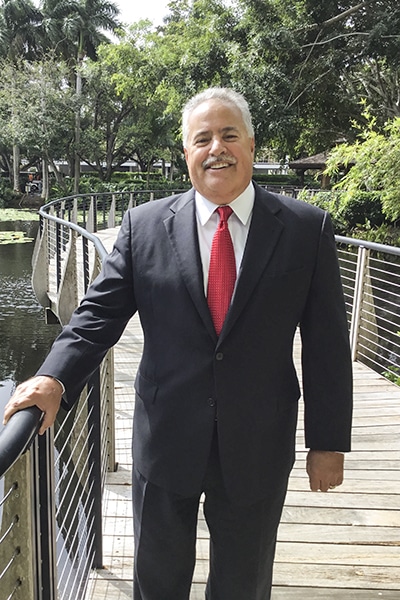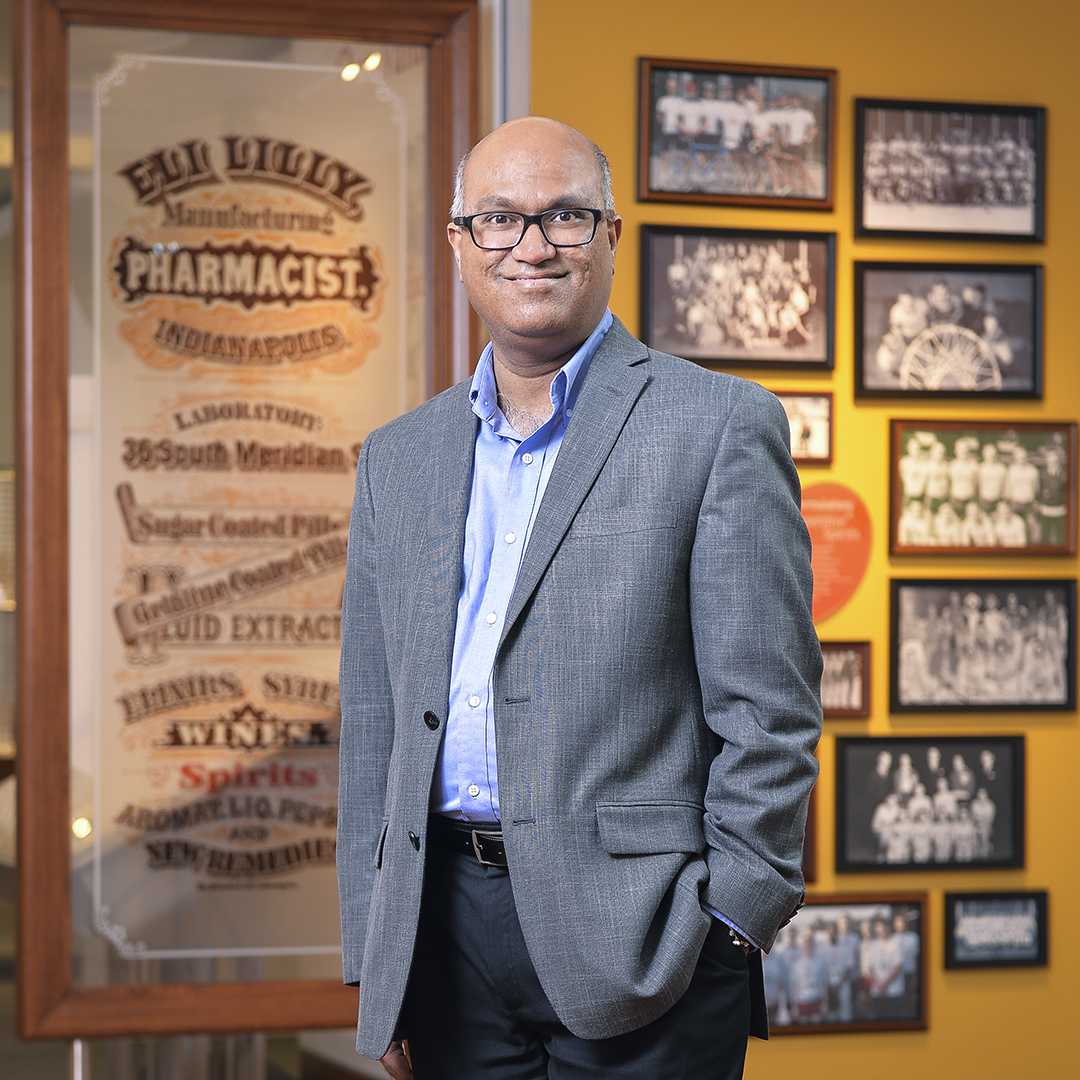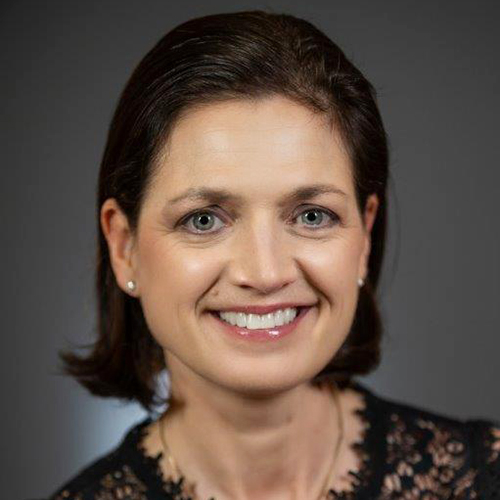In the course of a twelve-hour shift, physicians, nurses, and ancillary staff interact with hundreds of people. More complexly, no patient is exactly the same. Each embodies a unique medical history, specific treatment methods, and particular questions or concerns. With caregivers responsible for a multitude of patients, how can one’s experience be individualistic? How can patients feel heard while preventing staff from feeling overwhelmed? These are the questions Chief Experience Officer Gary Tomcik seeks to answer.
At the NCH Healthcare System, Tomcik strategizes how to establish a universal understanding of how its customers perceive care and to elevate the culture of the company as a result. To establish a positive culture, Tomcik first ensured that the employees at NCH were working in a happy, healthy environment. He wanted employees to feel appreciated so these attributes would transfer into their work.

Growing up in a family that emphasized the power of positivity, he recognizes the effectiveness of affirmation, and decided that actively acknowledging good work would be the first step in establishing an atmosphere where employees and clients would thrive. However, Tomcik wanted employees to have a way to receive instant gratification when it came to someone thanking them for a good deed.
Inspired by his son, Tomcik created a social media–style platform where employees can continuously post compliments and appreciation about other coworkers. Posting compliments is highly encouraged—the comment stream is even showcased in the lunchrooms and lounges throughout the organization so the entire staff can stay updated on their team members’ exceptional performances. The site has changed the environment of NCH immensely, making acknowledging remarkable work ethics easier than ever, and in turn, making employees feel appreciated for everything they do. Holistically, Tomcik’s goal is to make gratitude commonplace throughout NCH.
“The thing that makes us so successful is that ‘thank-you,’” says Tomcik. “That goes a long way in building the foundation for an engaged workforce. Committed, involved employees will constantly drive a stronger patient experience, so it’s crucial to have a system in place where everyone feels appreciated and recognized for their efforts. Once a month, we randomly select and reward employees who were repeatedly recognized.”
Since implementing the program, the power of positivity has spread fervently. Now, the program sees more than one hundred recognitions daily—each offering a unique, sincere affirmation to an employee’s dedication to their work. As more employees use the system, Tomcik has witnessed an increase in employee happiness, teamwork, and consequently, a heightened patient experience. Team members can also add “badges” to their compliments that commend coworkers for specific achievements. Adding a “No Pass Zone Recognition Badge,” for example, means that the employee was recognized for acknowledging a patient who signaled for help.
As a four-star health care system, NCH strives to ensure that patients are treated with the utmost care. While the positive reinforcement program has lent itself to improving patient experience, Tomcik has also extended the effort into updating the patient rounding process.
Before the update, nursing leaders would ask the same traditional rounding questions to every patient, then follow up based on opportunities found within their answers. This method tended to be more staff centered than patient centered, however. Considering no two patients are the same, no two rounding processes should be the same, either. As such, Tomcik wanted rounding experiences to be centered on building relationships with patients and customizing the process to their individual needs.
His method came with two parts: revising rounding questions and establishing partnerships between patients and nurses. Using a novel software program, Tomcik’s crew now uses prior patient experience data to notice trends in these opportunities and customize rounding questions based on specific situations. Moreover, leaders and staff are encouraged to have conversations with patients to ensure that they are comfortable throughout their stays and are recovering appropriately.
“We start from an interview to build a relationship with the patient, then set clear expectations for their experience,” Tomcik says. “As we move through each step, we’re asking the patient for feedback on our ability to meet these expectations to assess our progress, rather than just barraging them with questions. We found that when we practice purposeful rounding and use patient feedback to accelerate recovery, we see an uptick in patient perceptions.”
With a happier staff comes happier patients. These advanced methods of promoting positivity have enabled NCH team members to fulfill the company’s core value of delivering excellence in every patient experience. Tomcik and his team strive to give patients a VIP experience, so they feel more like guests in a luxury hotel, not patients recovering in a hospital. The motivation to eliminate a hospital feel has inspired efforts like free valet parking to quell patient anxieties, white-noise machines and soft lighting in patient rooms, afternoon tea, high-quality bedding and towels, smartphone charging stations, and more.
“Today’s ‘wows’ are tomorrow’s expectations,” Tomcik says. “We are pushing ourselves to constantly find ways to do better. Together, we foster a culture where we are delivering excellence in every patient experience and recognizing our team members for that effort.”
Experiencia, powered by the AdvoCor® Augmented Intelligence (AI) platform, allows teams to respond to daily challenges and improve the perception of care for patients in real time.
Offering AI to process and predict patient needs, insights to design and refine the approach and consultations for process and service strategies.
GroupGlobalHCPatientExperience@sodexo.com


